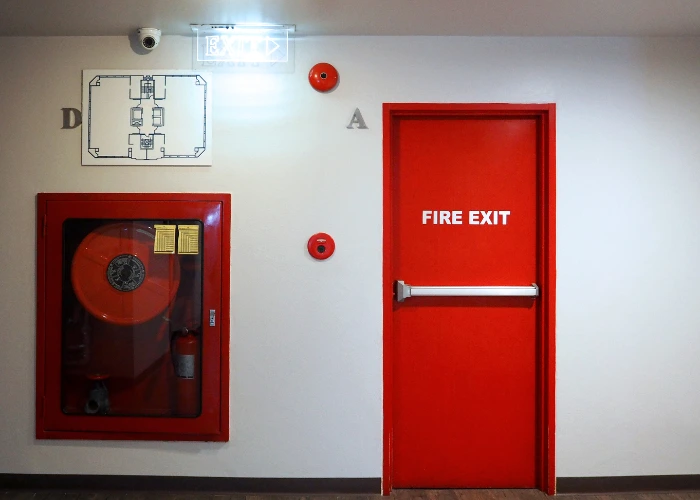
Putting together construction materials is not enough for making a structure ready for occupancy. As a general rule, all buildings and nonbuilding structures should adhere to building codes.
If you’re not familiar with what building codes are all about, allow us to share our knowledge with you. In this article, we will tackle what building codes are and why they’re important to have.
First, let’s define what a building code is. Essentially, a building code is a set of rules and regulations governing the design, construction, alteration, and maintenance of structures. Its main purpose is to safeguard the health, safety, and welfare of the people occupying the building.
It underpins the work of architects, engineers, builders, and developers. All of them should be able to meet or exceed the minimum, legally mandated code requirement for a particular jurisdiction. In large part, building codes are there to establish the building’s quality, safety, and energy performance for years to come to ensure it is safe for occupancy all the time.
Aside from ensuring safety, building codes can offer other benefits that will significantly impact the environment, people’s health, and the structure itself. Here are some of the benefits of having it:
There are two types of building codes: model and adopted. But today, we will only focus on model codes.
Model codes are a set of minimum requirements for building design, construction, and operation with a goal to protect public health, safety, and the natural resources that sustain us. It serves as a guide on designing, building, and operating buildings to achieve those goals.
However, model codes will only be effective if enacted into law and enforced by state and local governments. But, they are developed in an open, transparent, democratic, national process that welcomes input and participation from all interested stakeholders.
You need to know about model codes because it will be your guide when inspecting a new home, school, hospital, or other structures. To do your job well, you must know what to look for in properties.
It’s the International Code Council (ICC) that enforces building codes. They are the leading global source of model codes, standards, and building safety solutions, including product evaluation, accreditation, technology, training, and certification. Their codes are used to ensure safe, affordable, and sustainable communities and buildings worldwide.
As part of the inspection industry, knowing about building codes is very important on your part. If you understand the purpose of building codes, you will not just be able to do your job correctly, but you will also ensure the safety of the building occupants, environment, and structure. So, before you do your inspections, study building codes and make sure you have the right tools for your inspections.
If you’re looking for a building inspector study guide, you’ve come to the right place! All Things Inspector is the number one e-learning marketplace, offering blogs, and an online store for specialty inspection tools. Sign up with us today!



Navigating building code compliance means balancing three distinct frameworks: the Americans with Disabilities Act (ADA), the International Building Code (IBC), and the National Fire Protection

Vague ADA deficiency reports cost thousands in rework and project delays. Contractors need specific measurements, clear photographs, exact code references, and actionable remediation steps to